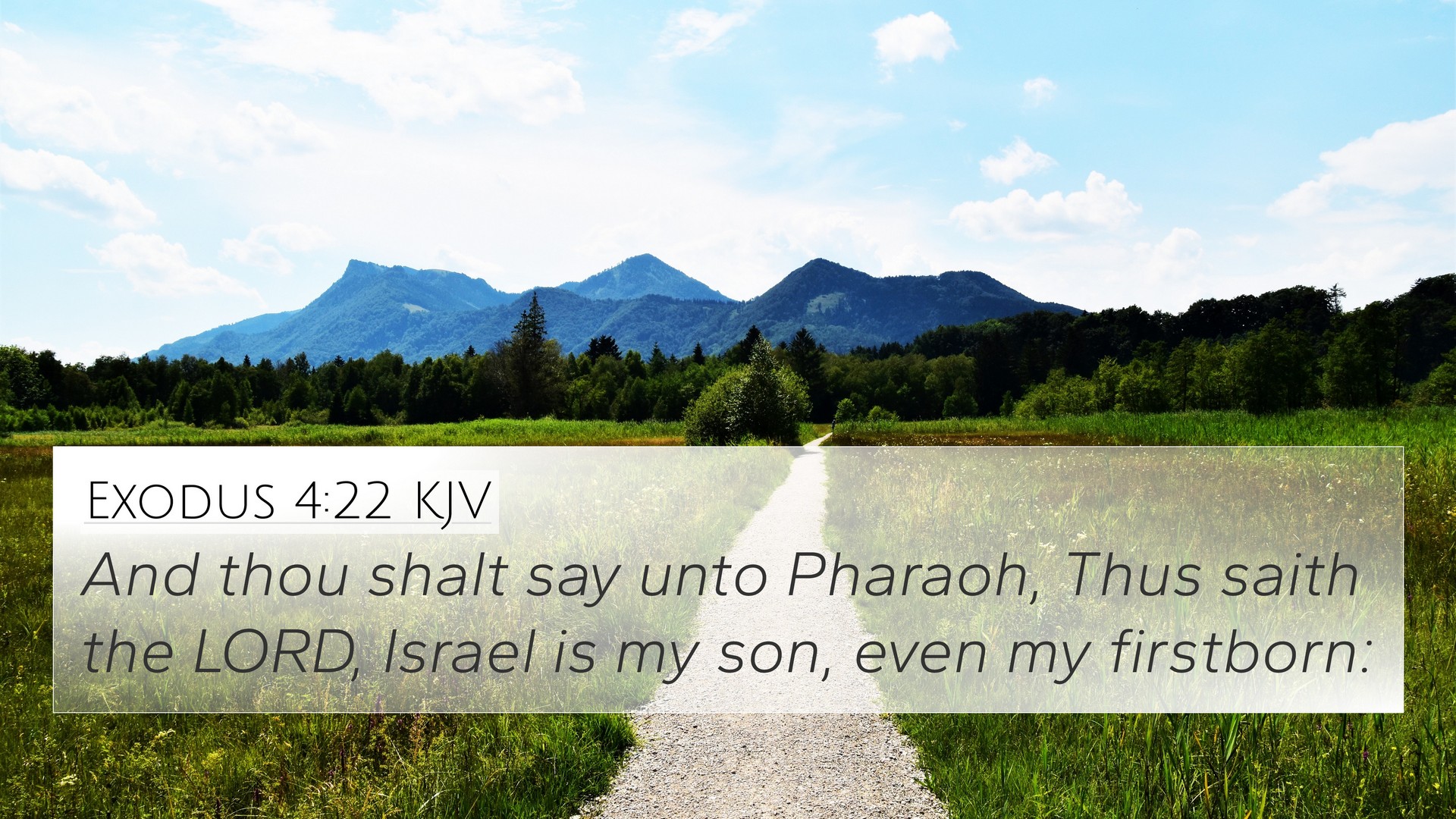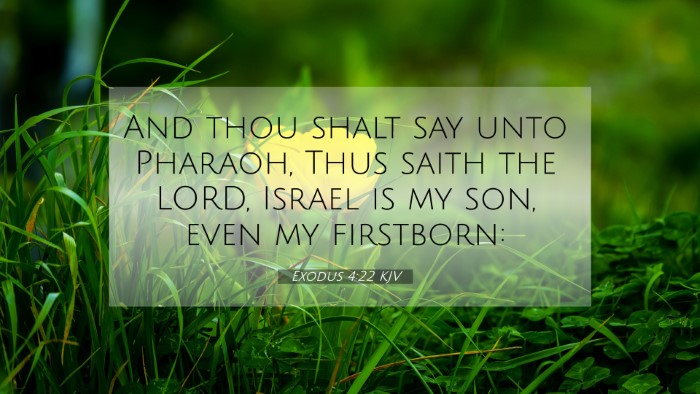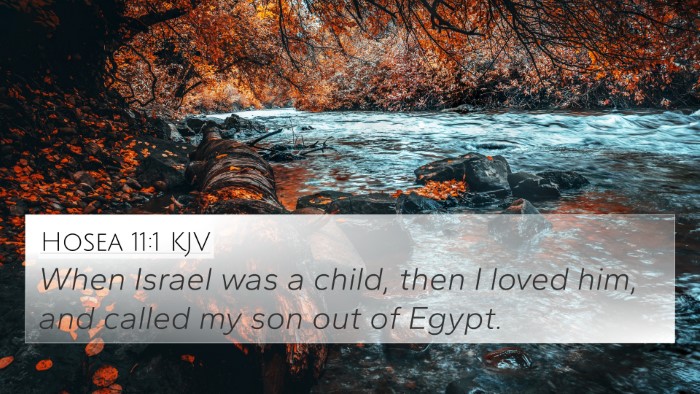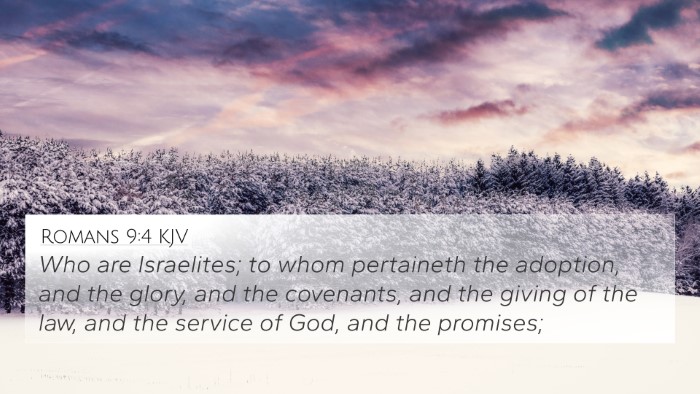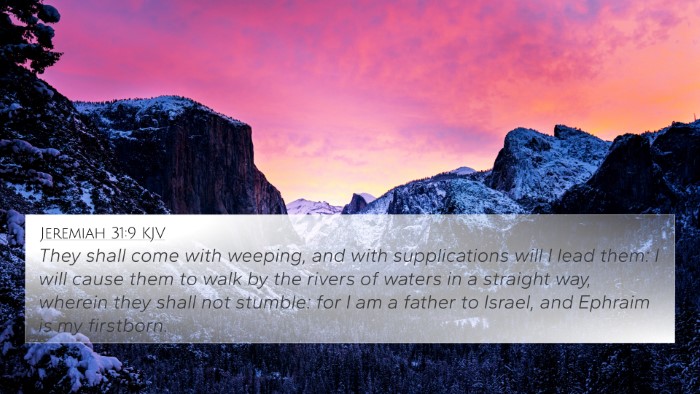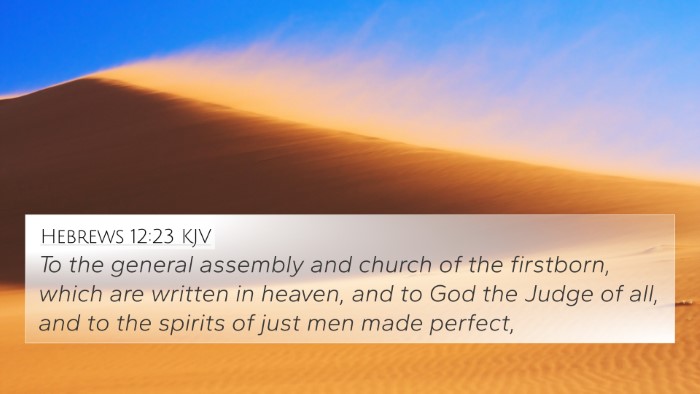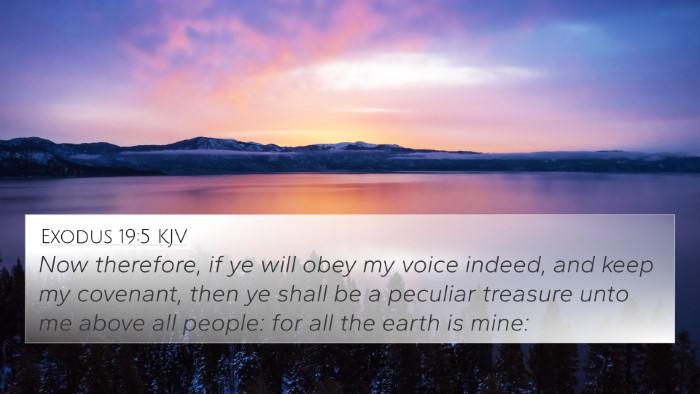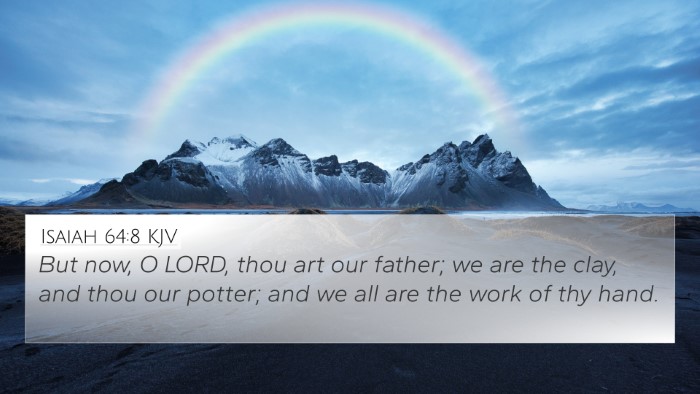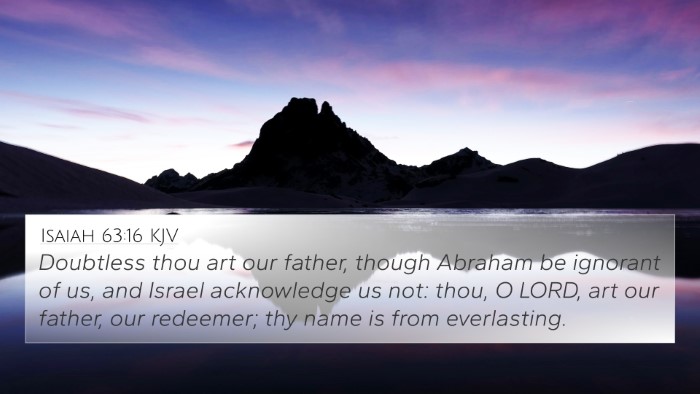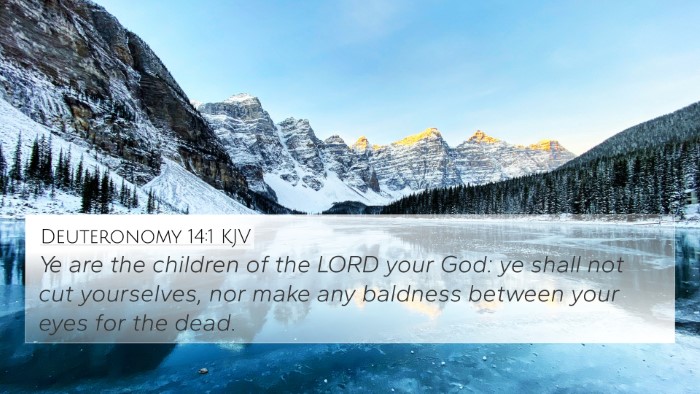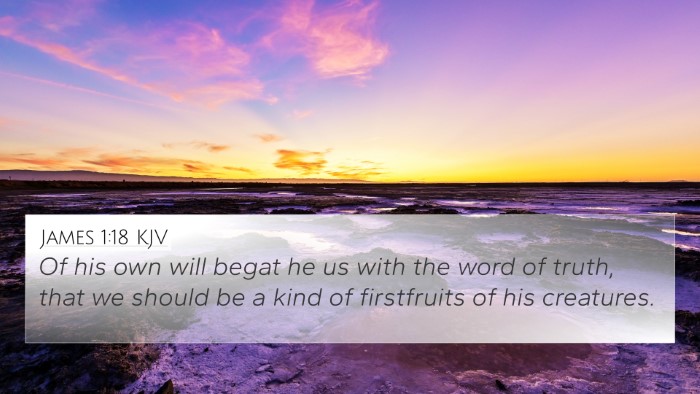Understanding Exodus 4:22
Exodus 4:22 states, "Then you shall say to Pharaoh, 'Thus says the LORD, "Israel is My son, My firstborn."' This verse carries profound significance in the context of Israel's identity and divine sonship.
Meaning and Interpretation
This proclamation is not merely a declaration but serves to reinforce the covenantal relationship between God and Israel. In examining this verse, we can draw from public domain commentaries to gain deeper insight.
Commentary Insights
-
Matthew Henry's Commentary:
Henry emphasizes the idea of divine election, noting that Israel is chosen as God's firstborn to fulfill a unique role among the nations. This concept of sonship implies privilege, responsibility, and the expectation of obedience.
-
Albert Barnes' Notes:
Barnes elaborates on the symbolic meaning of 'firstborn,' relating it to authority and inheritance. He points out that this designation indicates not only the initial claim over Israel but sets a precedent for the relationship between God and His chosen people.
-
Adam Clarke's Commentary:
Clarke focuses on the theological implications, asserting that being called God's son signifies a personal bond. He suggests that this connection highlights Israel's importance in God's salvation plan and foreshadows the New Testament revelation of Jesus as the Son of God.
Thematic Connections
Exodus 4:22 introduces themes that resonate throughout the Bible, revealing the continuity of God's plan for redemption. Below are some notable thematic connections:
Bible Verse Cross-References
-
Hosea 11:1: "When Israel was a child, I loved him, and out of Egypt I called my son." This verse parallels the emphasis on Israel's identity as God’s child.
-
Matthew 2:15: "And was there until the death of Herod, that it might be fulfilled which was spoken by the Lord through the prophet, saying, 'Out of Egypt I called My Son.' This reference relates Jesus’ early life to the Old Testament.
-
Romans 8:14: "For as many as are led by the Spirit of God, these are sons of God." This verse shows the extension of sonship to believers through faith.
-
Galatians 4:5: "To redeem those who were under the law, that we might receive the adoption as sons." It connects to the theme of divine adoption and relationship.
-
Deuteronomy 14:1: "You are the children of the Lord your God; you shall not cut yourselves nor shave the front of your head for the dead." This reinforces the idea of Israel as God’s chosen people.
-
John 1:12: "But as many as received Him, to them He gave the right to become children of God, to those who believe in His name." This verse echoes the New Testament theme of adoption into God’s family.
-
Hebrews 12:5-6: "And you have forgotten the exhortation which speaks to you as to sons: 'My son, do not despise the chastening of the Lord, nor be discouraged when you are rebuked by Him;'" Demonstrates the fatherly discipline of God.
-
Revelation 21:7: "He who overcomes shall inherit all things, and I will be his God and he shall be My son." Points to the ultimate fulfillment of the sonship promised to believers.
Integrating Themes through Cross-Referencing
This interconnectedness of verses shows the development of the biblical narrative from the Old Testament to the New Testament, illustrating God's unwavering commitment to Israel and the subsequent invitation to all believers.
Conclusion
Exodus 4:22 is a powerful declaration of identity, emphasizing the unique relationship between God and Israel, and by extension, the relationship He offers to all who believe. Through the lens of various commentaries, we see that understanding this verse isn’t just about the text itself, but about its implications in the broader scope of salvation history.
Tools for Further Study
For those interested in exploring these connections further, utilizing a Bible concordance or a Bible cross-reference guide can enhance understanding. Employing cross-referencing Bible study methods and comprehensive Bible reference resources can yield deeper insights into the scriptures and their interrelations.
